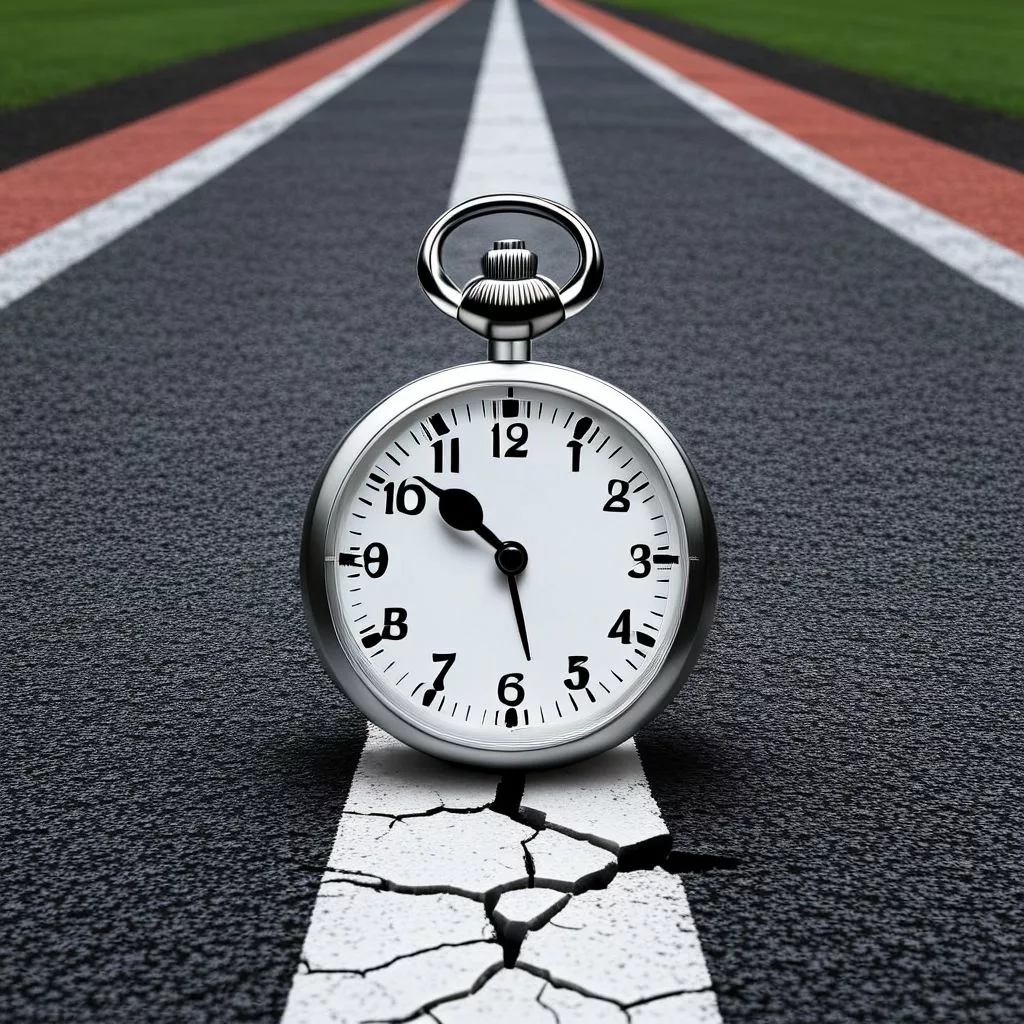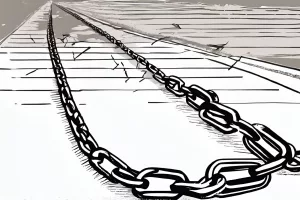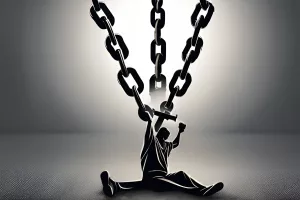Caster Semenya is a worldfamous South African runner whose incredible talent sparked a big debate about gender in sports. Because of her natural biology, she faced tough rules that forced her to take medicine just to compete as a woman. Her story isn’t just about running fast—it’s about fairness, identity, and how sports decide who belongs where. As courts and sports groups argue, Semenya’s case is changing how we think about gender and what it means to compete fairly. This battle will shape the future for many athletes who don’t fit simple categories.
Mokgadi Semenya: An Emblem of Bravery and Perseverance Despite Unfair Obstacles in Athletics
Caster Mokgadi Semenya is an Olympic champion who has faced unfair restrictions related to testosterone levels in sports, sparking conversations on equality and fairness in sports and drawing attention from the European Court of Human Rights. Despite this, Semenya has received unwavering support from her home country, South Africa, as they strive for justice and equality. The ECHR’s Grand Chamber is due to review the issue raised by the Swiss government regarding the ECHR’s 2023 decision in a hearing scheduled for Wednesday, 15 May 2024, and Semenya’s hardships serve as a stark reminder of the ongoing battle for equality in sports and society at large.
South Africa’s Department of Sport, Arts and Culture (DSAC) is showing unwavering support for Caster Mokgadi Semenya as she fights for her right to compete without reducing her testosterone levels. The department is collaborating with stakeholders to strengthen Semenya’s legal fight and is hopeful that the upcoming ruling will uphold justice, inclusivity, and diversity. DSAC has also launched an extensive public awareness campaign to nurture a sporting culture that celebrates inclusivity and respect. The department aims to promote the right to compete on an equal footing without prejudice and discrimination.
Caster Semenya, the South African athlete and double Olympic champion, is fighting against World Athletics’ policies that require female athletes with elevated testosterone levels to medicate. Despite facing backlash, Semenya has persistently opposed the policy since its inception in 2018. Her landmark victory in July 2019 lacked the authority to repeal World Athletics’ rules, and she is now scheduled for a hearing in May at the European Court of Human Rights. However, Semenya’s legal fight is hampered by budgetary limitations, and the costs of her decadelong legal journey amount to an astonishing R30 million.
South African athletes’ legal challenges have had a ripple effect on society, showcasing moral dilemmas and the complicated aftermath of fame. Examples include Thembinkosi Lorch’s assault conviction, which sparked a debate about society’s tendency to defend celebrities, and Senzo Meyiwa’s unsolved murder case. Some athletes, such as Caster Semenya, have fought for their rights to compete, while others, like Oscar Pistorius, have faced tragic consequences and legal intricacies. These cases reflect the challenges of balancing morality, celebrity culture, and justice in South African sports and society.
Caster Semenya, a renowned Olympic athlete, has been fighting against the competition rules set by World Athletics (formerly known as the IAAF) that mandate athletes with a difference of sexual development (DSD) to lower their blood testosterone levels for specific events. Due to these regulations, Semenya has been barred from participating in her preferred events since 2019.






